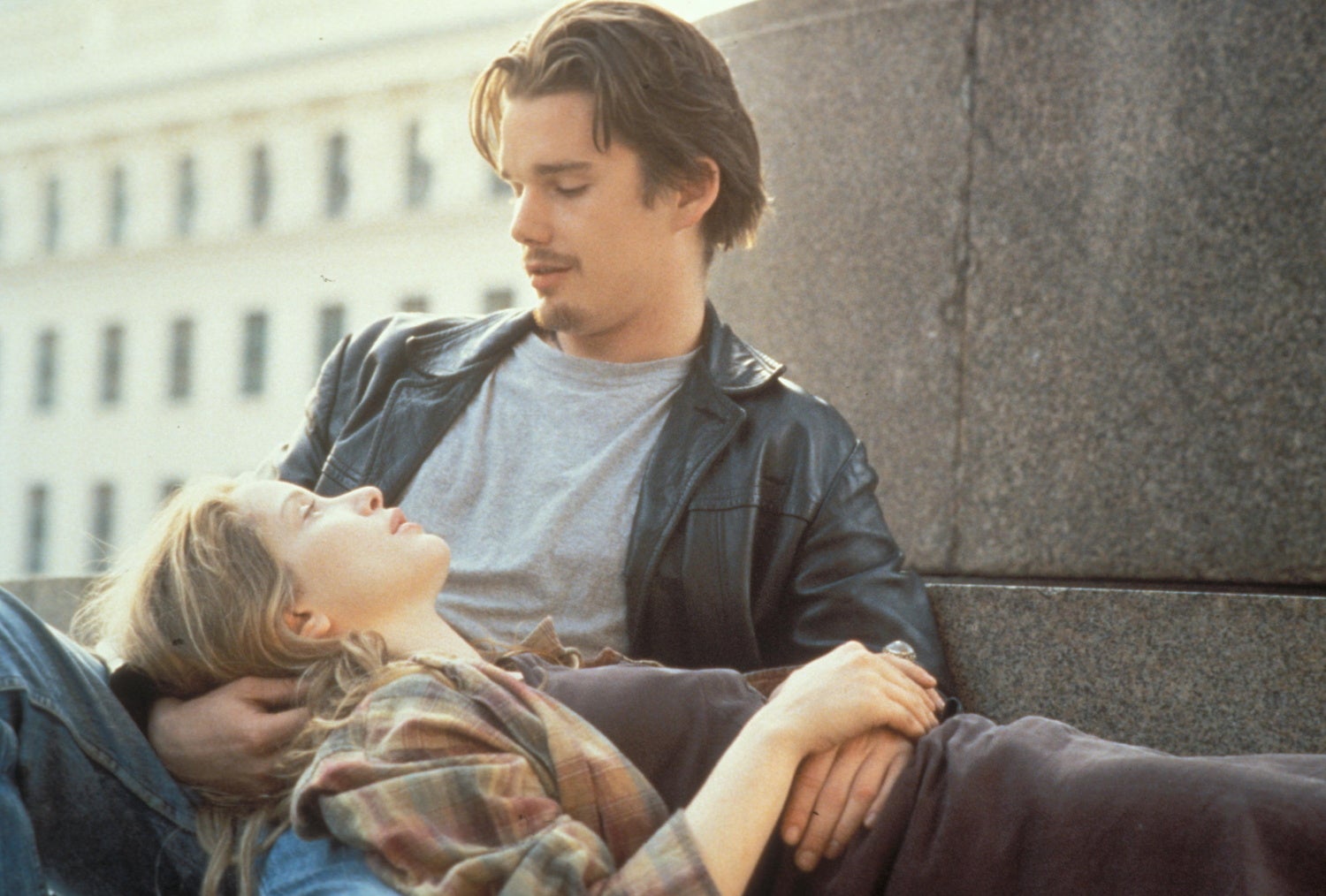The 2 questions that 'empirically' determine if you're in love
Economists stress the importance of knowing how your partner feels

Your support helps us to tell the story
From reproductive rights to climate change to Big Tech, The Independent is on the ground when the story is developing. Whether it's investigating the financials of Elon Musk's pro-Trump PAC or producing our latest documentary, 'The A Word', which shines a light on the American women fighting for reproductive rights, we know how important it is to parse out the facts from the messaging.
At such a critical moment in US history, we need reporters on the ground. Your donation allows us to keep sending journalists to speak to both sides of the story.
The Independent is trusted by Americans across the entire political spectrum. And unlike many other quality news outlets, we choose not to lock Americans out of our reporting and analysis with paywalls. We believe quality journalism should be available to everyone, paid for by those who can afford it.
Your support makes all the difference.The existence of love and its nature is something that has troubled philosophers for centuries, but a pair of scientists believe they have a set of questions that yield "clear empirical evidence" of it, or at least whether your relationship will end in divorce.
They are:
'How happy are you in your marriage relative to how happy you would be if you weren't in the marriage?' and 'How do you think your spouse answered that question?'
University of Virginia economists Leora Friedberg and Steven Stern asked this to 4,242 couples twice, six years apart, and analysing the data recently found that those who thought they would be no worse off single were more likely to now be broken up.
Only 40.9 percent of participants could accurately identify how their partner felt about their relationship, which is at the root of many relationship problems.
According to bargaining theory, misjudging your spouse's emotions can lead you to bargain 'too hard' and unwittingly precipitate a split.
"If I believe my wife is really happy in the marriage," Professor Stern explained as an example. "I might push her to do more chores or contribute a larger portion of the family income.
"If, unbeknownst to me, she's actually just lukewarm about the marriage, or she's got a really good-looking guy who is interested in her, she may decide those demands are the last straw, and decide a divorce would be a better option for her.
"In this scenario, pushing a bargain too hard, based on misperception of a partner's happiness, will result in a divorce that wouldn't otherwise have occurred."
The professors stressed the importance of picking your battles.
"This data shows that people aren't being as tough negotiators as they could be, and then we realised that we needed to include caring in the model for it to make sense," said professor Friedberg.
"The idea of love here is that you get some happiness from your spouse simply being happy.
"For instance, I might agree to do more house chores, which reduces my personal happiness somewhat, but I get some offsetting happiness simply knowing that my partner benefits."
Join our commenting forum
Join thought-provoking conversations, follow other Independent readers and see their replies
Comments